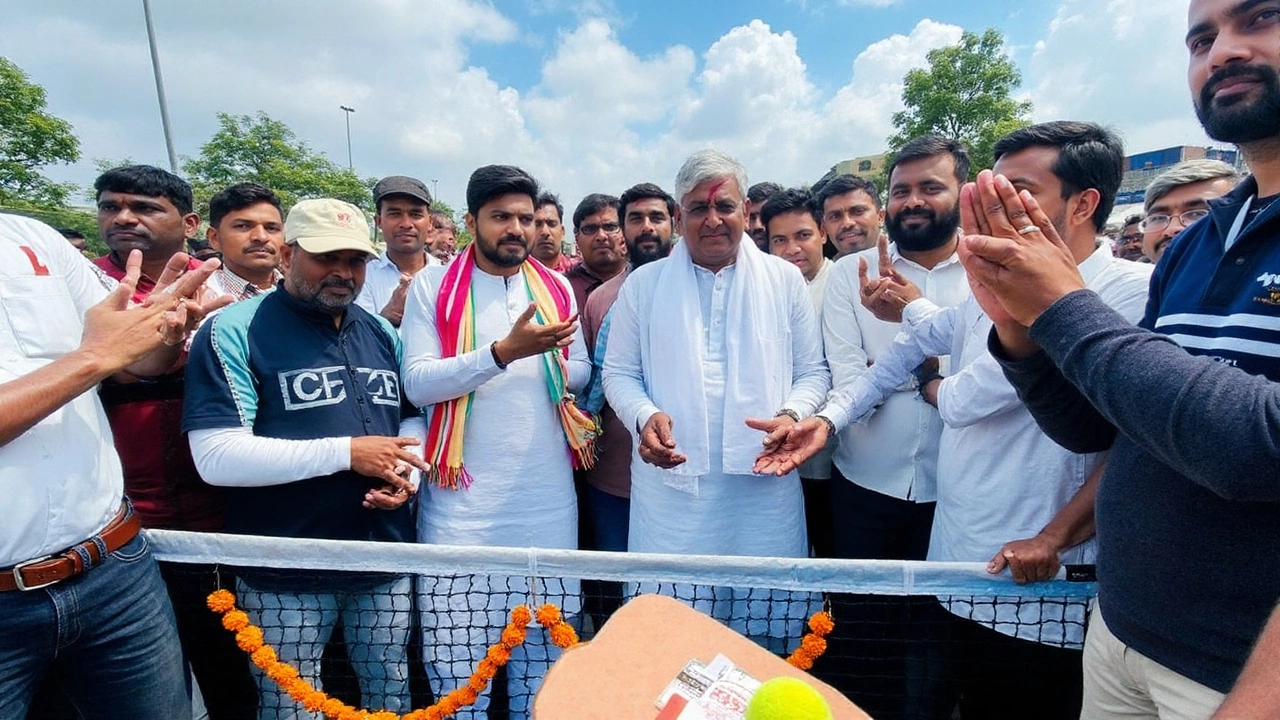Grassroots Sports: The Heartbeat of Indian Athletics
When you think of Indian sports, the big stadiums and star athletes grab the headlines. But the real engine that drives success lives on village grounds, school fields, and neighborhood parks. That's where grassroots sports happen, and they shape the future of every cricket, hockey, or kabaddi player you see on TV.
Why should you care? Because the more we support local games, the stronger the talent pipeline becomes. From kids chasing a makeshift football in a dusty lane to community leagues that bring whole towns together, these stories matter. Below, we break down what grassroots sports look like in India today and how you can get involved.
What Counts as Grassroots Sports?
Grassroots sports are the activities that start at the very bottom of the sports pyramid. Think school tournaments, community cricket clubs, district-level wrestling meets, and women’s volleyball groups that practice after work. They’re usually organized by schools, local NGOs, or passionate volunteers rather than big corporate sponsors.
Key features include:
- Low‑cost equipment – often just a ball and a makeshift goal.
- Local participation – players are from the same village or neighborhood.
- Volunteer coaching – teachers, retired athletes, or community members lead the training.
- Focus on fun and skill building rather than profit.
How Grassroots Sports Boost Communities
First, they give kids a safe place to play. In many towns, after‑school sports keep youngsters away from screens and trouble. Second, they nurture health habits early on, which reduces future medical costs. Third, local matches build pride; winning a district tournament can lift an entire community’s spirit.
Stories of success are everywhere. A small cricket team from a remote village in Jharkhand recently qualified for a state‑level tournament, catching the eye of a talent scout. In Kerala, a women's handball league started with just five teams but now draws crowds of a few thousand spectators each weekend.
These examples show that with a little encouragement, talent can rise from any corner of the country.
Ways You Can Support Grassroots Sports
1. Donate equipment. A set of balls, nets, or cones can transform a barren field into a training ground. Many NGOs accept second‑hand gear.
2. Volunteer as a coach. You don’t need a fancy certificate – just basic knowledge and patience. Local schools often need assistants for their after‑school programs.
3. Attend local matches. Your presence adds excitement and shows sponsors that there’s an audience.
4. Promote events on social media. A simple post can attract more participants and local business support.
5. Support funding initiatives. State governments run schemes like the ‘Khelo India’ program. Contributing to community fundraisers helps keep these schemes alive.
Finding Grassroots Sports Near You
Start with the school you or your child attends – most have weekly sports days. Check community centers or the local panchayat office for announced tournaments. Apps like PlayMakers (fictional example) list nearby matches and volunteer opportunities.
If you’re in a city, look for club leagues in parks such as the Lajpat Nagar cricket ground in Delhi or the Marine Drive basketball courts in Mumbai. Rural areas often have seasonal events – harvest‑time kabaddi or monsoon‑season cricket – that are open to newcomers.
Getting involved doesn’t require a big budget, just a genuine interest in seeing local talent thrive.
Grassroots sports are the unsung heroes behind India’s future champions. By paying attention to the small fields, cheering at local games, and maybe even lending a hand, you become part of a movement that could produce the next Olympian or cricket legend. Keep an eye on this page for fresh stories, player spotlights, and tips on how to make a difference right where it matters most – at the ground level.

A district-level sports competition opened this week with Minister Bedam inaugurating the meet and dedicating a new tennis court to public use. The push signals fresh focus on grassroots sports, participation, and local facilities. Organizers expect strong turnout from schools and clubs. Coaches hope the new court expands access and training hours. (Read More)



